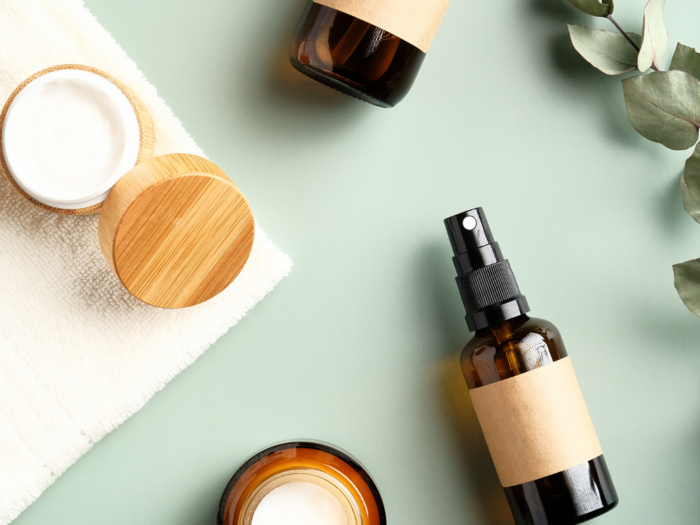

Colorbar Cosmetics’s Samir Modi highlighted that opting cruelty-free is just not about saving animals from testing. He emphasised that cruelty-free also means ditching bad chemicals like parabens, sulfates and synthetic dyes. “Such cruelty-free products are better for skin, which means less likelihood of skin allergies, breakouts and inflammation,” he noted.
“If we don't need to hurt a living being with feelings, why do so? It's now well-proven that cruelty-free cosmetics come with absolutely no compromise on safety – so why go around spreading suffering unnecessarily?,” Shankar Prasad, founder and chief executive officer (CEO) of Plum, told Business Insider.

Colorbar Cosmetics’ Samir Modi and Fixderma’s Shaily Mehrotra explained that animal testing is much more cost-effective, but it is quite unethical and not safe for the environment either. They noted that cruelty-free products are expensive just because of the aggressive testing and certification process it has to go through.
But they may not continue to be this expensive for long. WOW Skin’s Chowdhary noted that the price of cruelty-free and vegan products goes up because of the higher price of the ingredients, which are organic, sustainable and clean. “Sustainability does come at a price currently, but if all were to adopt this way of living, the costs would come down as volumes increase,” he added.
Plum’s CEO Prasad said that it is possible to keep the cost down by choosing the right ingredients. “One only needs to be careful in choosing ingredients – there's a lot of choices there, and usually cost is not a big concern,” he noted.

Fixderma’s Mehrotra noted that the shelf life of products is not impacted by the fact they are cruelty-free or not. Instead, it depends upon if the product is temperature tested to ensure longevity.
WOW Skin’s founder Chowdhary emphasised that the shelf life of a product goes down when it has natural preservatives. “The standard today is anywhere between six months to three years based on the actives [ingredients] used by a brand,” he noted.

Plum’s CEO and founder Prasad emphasises that “conscious consumption” has been on the rise over the last decade and a half, and cruelty-free, as well as vegan products, are subsets of conscious consumerism. Responsible production and consumption also form part of the United Nations’ Sustainable Development Goals (SDGs).
“With customers becoming more aware of their choices and the after-effects of those on the environment, we definitely can foresee a huge rise in preference and demand in the cruelty-free segment. The segment has already seen a growth rate of more than 4% in the last 2 years and we are expecting this segment to cross the CAGR [compound annual growth rate] of 5% by 2025,” Fixederma’s CEO Mehrotra, told Business Insider.
Colorbar’s Modi highlighted that people have started taking care of themselves more than ever before. They want to choose from a range of products that are based on natural ingredients and move away from ingredients that are really harmful to the skin and hair.
The concept of sustainability and cruelty-free is getting the much-needed attention in recent years. A majority of people want to live in a better world and leave it as a better place, Colorbar’s Modi added.
Meanwhile, WOW Skin’s Chowdhary elaborated that cruelty-free is also about the afterlife of the product, especially packaging and the formulations.
“Because we find that the residues of the products get washed down and impact our rivers, seas and soil. This in turn hurt the flora and fauna living in those regions. Recently, microbeads and microplastics in water, soil and even in the human body have become a major issue and a hazard for the environment and humans. So, going sustainable, clean, and cruelty-free does have major benefits,” he concluded.
 Internet of Things (IoT) Applications
Internet of Things (IoT) Applications
 10 Ultimate road trip routes in India for 2024
10 Ultimate road trip routes in India for 2024
 Global stocks rally even as Sensex, Nifty fall sharply on Friday
Global stocks rally even as Sensex, Nifty fall sharply on Friday

Copyright © 2024. Times Internet Limited. All rights reserved.For reprint rights. Times Syndication Service.